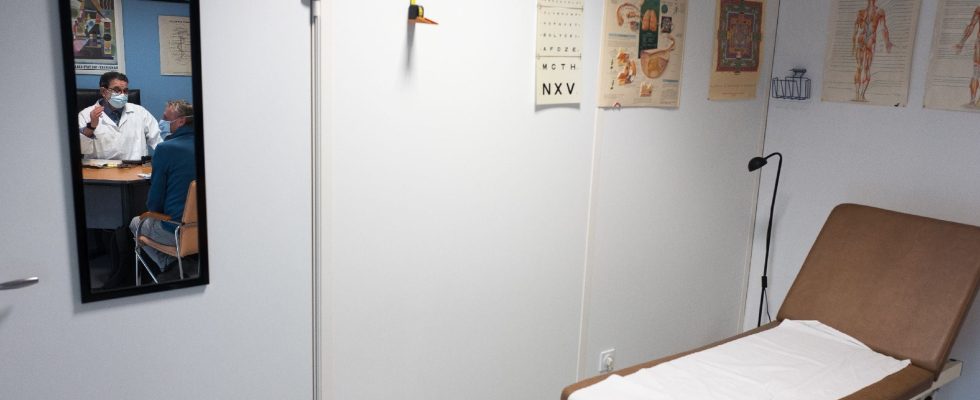To combat the shortage of health professionals, Gabriel Attal has made a decision. At the beginning of April, the Prime Minister announced the upcoming implementation of a “rabbit tax”. A system aimed at sanctioning patients who give false good to their doctor. If the bill is adopted by Parliament, five euros could be taken from patients’ accounts for each missed consultation.
Logic would dictate that everyone adhere to the time and day chosen when making an appointment in order to avoid the fine. But for Sylvain Bersinger, chief economist at the Asterès firm, the system is “not sufficiently dissuasive” and could even prove counterproductive.
In a note published Monday April 15, the specialist refers in particular to an Israeli study “A fine is a Price”. In this report, Uri Gneezy and Aldo Rustichini dissect the case of parents fined for picking up their children late from daycare. While this financial penalty was intended to reduce the number of delays, it has on the contrary increased it.
“Without the fine, the parents had remorse for being late, because they knew that this forced the nursery staff to work overtime,” Sylvain Bersinger explains to L’Express. But the introduction of a financial penalty gave them the impression that paying gave them moral license to be late.
A difficult threshold to set
Rather than reducing the “rabbits”, the tax could therefore make them increase. According to the economist, the establishment of a monetary incentive would supplant the moral incentive. “We are, in a way, buying the right to behave in a way that is considered incorrect in society,” summarizes the researcher, while qualifying: “If the fine is very high, it is likely that the monetary incentive outweighs the moral conditions.”
Problem: no defined amount guarantees the effectiveness of this type of device. Especially since the incentive threshold also depends on each person’s standard of living. “Five euros can represent a significant budget for a modest French person, which is not necessarily the case for a person whose salary is higher than the average income,” concedes Sylvain Bersinger. For example, the rabbit tax desired by the executive would represent approximately 0.2% of average gross monthly income.
“Little dissuasive”, “a scoop”…
Since the Prime Minister’s announcement, several political figures have shown their opposition to the introduction of a fine of five euros in the event of no-show for a medical appointment. On the right, the president of the Hauts-de-France region considers it too low. “It is absolutely not dissuasive”, insisted Xavier Bertrand this Thursday morning on the set of BFMTV.
On the medical side, Doctor Jean-Paul Hamon, honorary president of the Federation of Doctors of France, deplores “measures” who do not tackle the problem of desertification head on. And points the finger at the appointment booking platform, Doctolib “which will never refuse a patient who poses ‘bunnies’ because (it is) in business”.
The European number one for making medical appointments has also rejected the government’s proposal: there is no question of forcing users to submit their bank fingerprints. “There are 15% of patients who are illiterate (who do not have the Internet or who do not know how to use it correctly) and 5% who do not have a bank card,” explained the doctor. CEO of Doctolib, Stanislas Niox-Chateau at the microphone of France Inter on April 10. But the Minister of Labor and Health, Catherine Vautrin, assures him: “Things are not completely stopped”, referring to the case of patients who “do not go through Doctolib”.
